Singapore’s lower-wage workers set for 5.5%–7.5% pay rise under new NWC guidelines
The National Wages Council (NWC) has urged employers to grant lower-wage workers built-in pay rises of between 5.5 and 7.5 per cent, or at least S$105 to S$125, whichever is higher, under its 2025/2026 guidelines. The Ministry of Manpower (MOM) has accepted the recommendations, saying they strike a balance between fair wage growth and business sustainability.
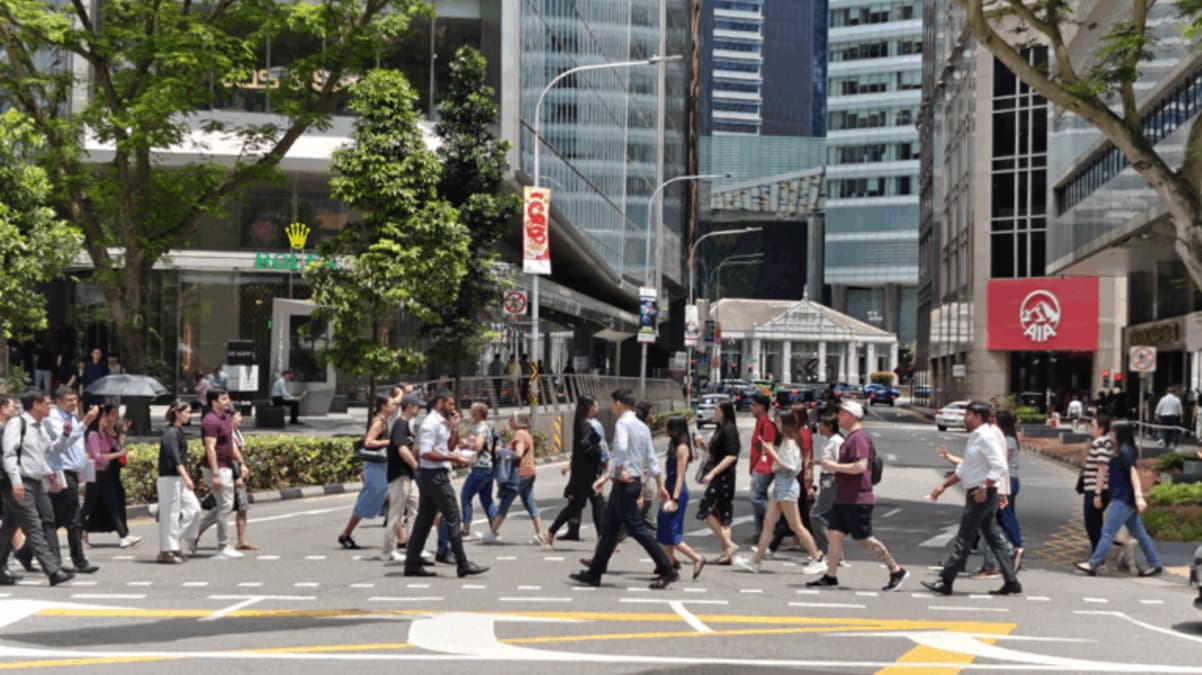
- NWC recommends a 5.5–7.5% built-in wage increase for lower-wage workers earning up to S$2,700.
- MOM accepts the guidelines, calling them “balanced and sustainable” to support wage growth and competitiveness.
- New wage ladders and higher requirements under the Occupational Progressive Wages (OPW) will begin from July 2026.
SINGAPORE: Employers should grant lower-wage workers built-in wage increases of between 5.5 and 7.5 per cent, or at least S$105 to S$125, whichever is higher, the National Wages Council (NWC) said on 11 November 2025 in its 2025/2026 guidelines.
The recommendations apply to employees earning a gross monthly wage of up to S$2,700, corresponding to roughly the 20th percentile of full-time resident workers.
The guidelines will cover the period from 1 December 2025 to 30 November 2026.
Employers that have performed well and have positive business prospects are encouraged to provide increases at the higher end of the recommended range, while those facing uncertain prospects may exercise moderation but should still offer pay rises at least matching the minimum quantum.
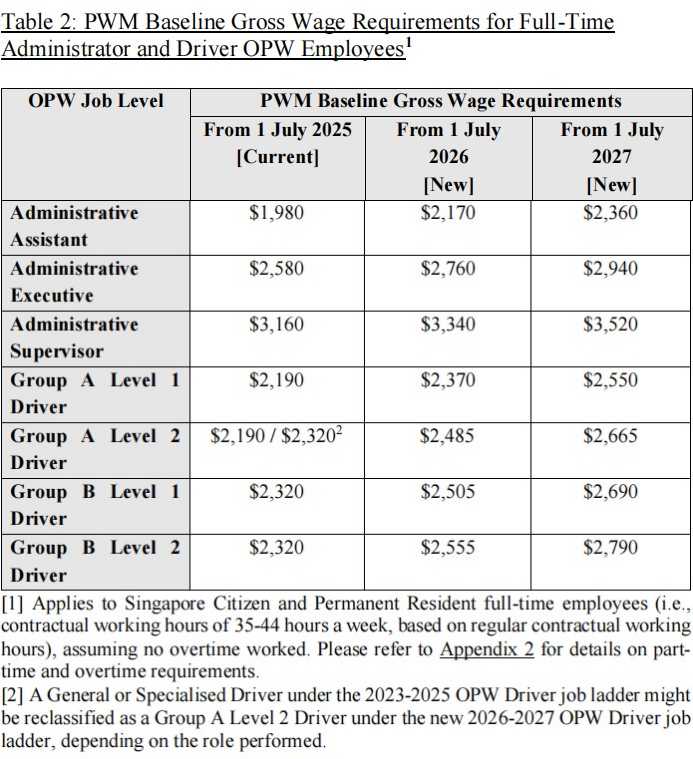
Broader economic context
The new guidelines come amid an economy projected to grow between 1.5 and 2.5 per cent in 2025, according to the Ministry of Trade and Industry.
While productivity rose 2.9 per cent in the first half of 2025, NWC cautioned that downside risks remain due to weaker global demand and the impact of US tariff measures.
Inflation is expected to stay subdued, averaging 0.5 to 1.0 per cent for 2025.
Labour productivity gains and low inflation are expected to allow sustainable wage growth even as business sentiment softens.
NWC reaffirmed that wage growth must align with productivity improvements, urging firms to implement the Flexible Wage System (FWS) fully to maintain resilience.
Employers who have not done well should lead by example in exercising wage restraint but continue investing in productivity and upskilling.
Occupational Progressive Wages raised
The council also introduced higher Occupational Progressive Wage (OPW) requirements for administrators and drivers, with new wage levels to take effect from 1 July 2026 and a further adjustment in July 2027.
About 57,600 resident administrators and drivers will be affected by the changes.
Of these, roughly 43,800 administrators and 9,400 drivers currently earn below the new baseline and can expect wage increases when the new structure takes effect.
The OPW framework will expand career ladders for drivers from two to four levels, introducing new Level 2 roles for those undertaking higher-value duties such as first aid, hazardous-material handling and route planning.
For administrators, job descriptions have been updated to reflect digital transformation, with corresponding wage increases recognising productivity improvements.
Employers of foreign workers must comply with the OPW wage requirements to maintain eligibility for mainstream work passes, ensuring enforcement through the work-pass system.
Productivity and upskilling remain central
The NWC emphasised that sustainable wage growth must be underpinned by productivity.
It noted that while labour productivity rose 2.9 per cent year on year, there were emerging signs of labour-market softening: job vacancies fell from 44 per cent in March to 43.7 per cent in June 2025, and the proportion of firms planning wage increases declined from 24.4 to 22.4 per cent over the same period.
To safeguard competitiveness, the council urged employers to invest in training and job redesign.
It highlighted government initiatives such as the Company Training Committees, Career Conversion Programmes, and the upcoming SkillsFuture Workforce Development Grant, which will provide up to 70 per cent support for workforce transformation projects.
Government welcomes “balanced” approach
In a statement on 11 November 2025, the Ministry of Manpower (MOM) announced that the Government had accepted the NWC’s 2025/2026 guidelines in full【MOM Press Release, 11 Nov 2025】.
MOM said the recommendations “balance meaningful wage increments with business sustainability and will bolster ongoing efforts to narrow the income gap”.
The ministry added that it would continue to work with tripartite partners — the Singapore National Employers Federation (SNEF) and the National Trades Union Congress (NTUC) — to “champion fair, inclusive and sustainable wage growth for workers, while ensuring that businesses stay competitive”.
SNEF welcomed the clarity of the framework, noting that wage growth “backed with productivity gains will ensure businesses remain competitive to deliver long-term growth that ultimately benefits workers”.
NTUC expressed its support for the guidelines, urging employers to adopt them and “share the gains from labour-productivity improvements and reward all workers with wage increases that are fair and sustainable”.



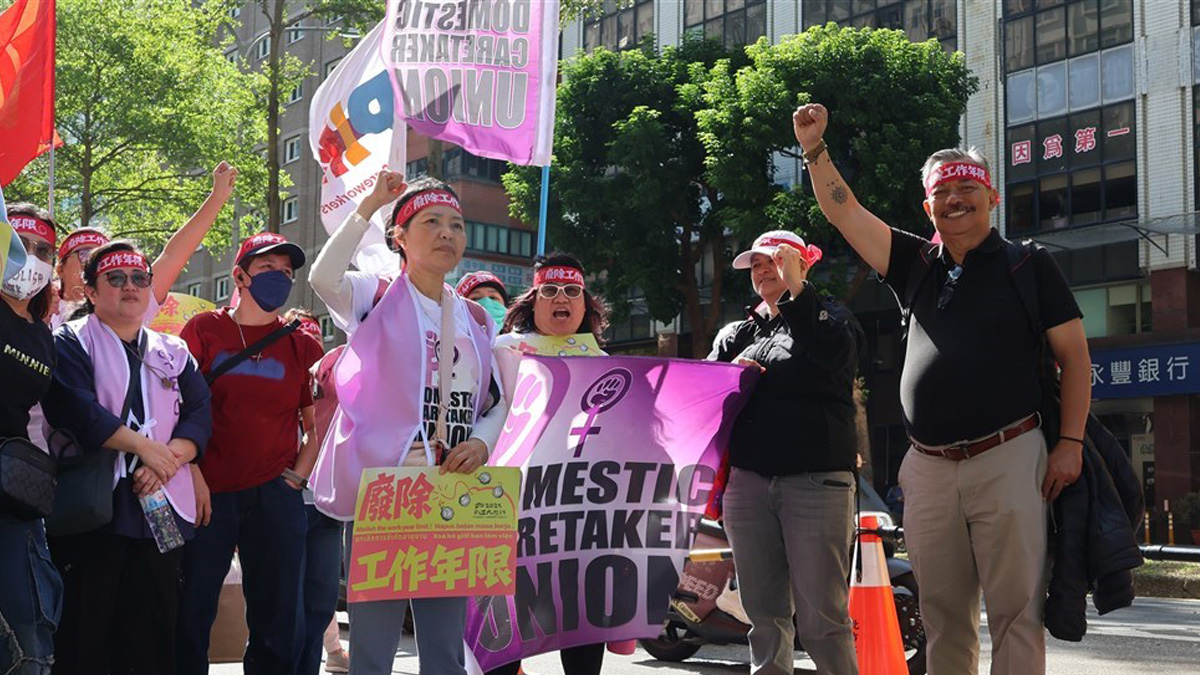
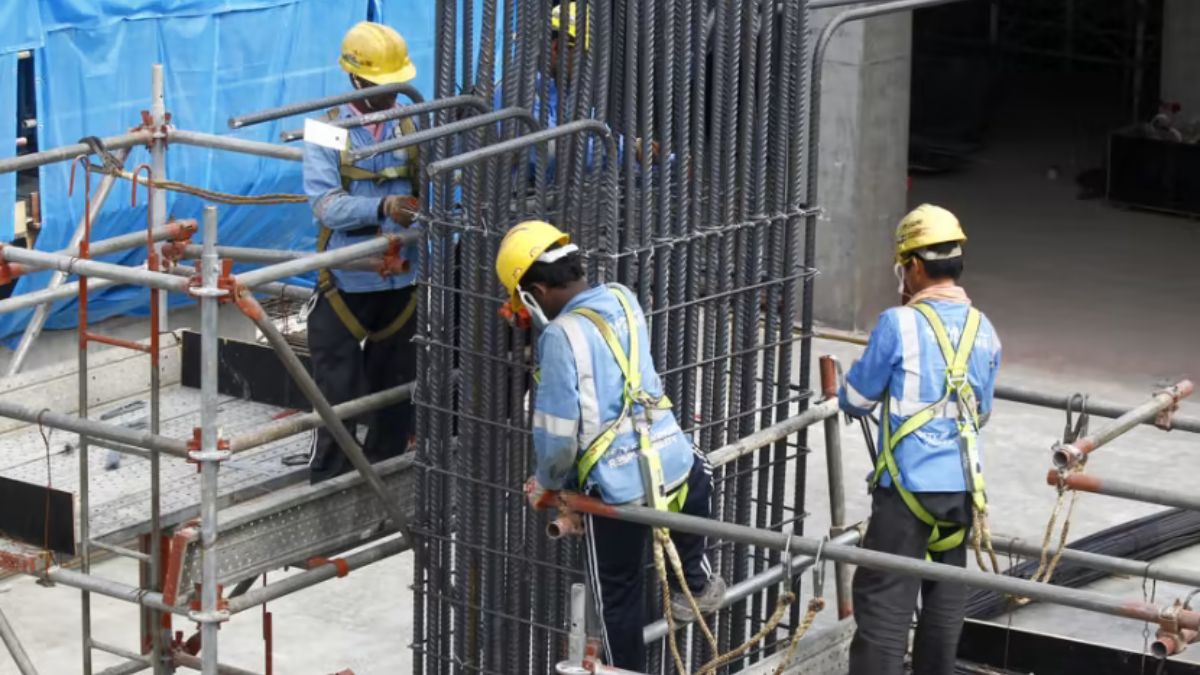
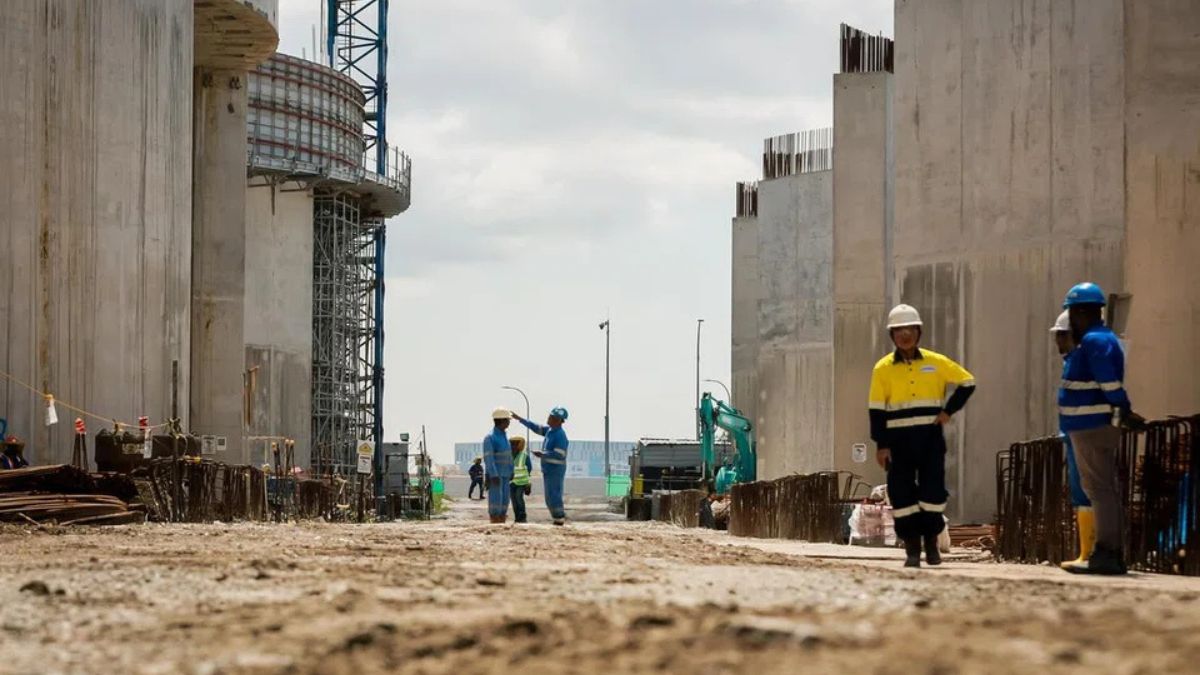
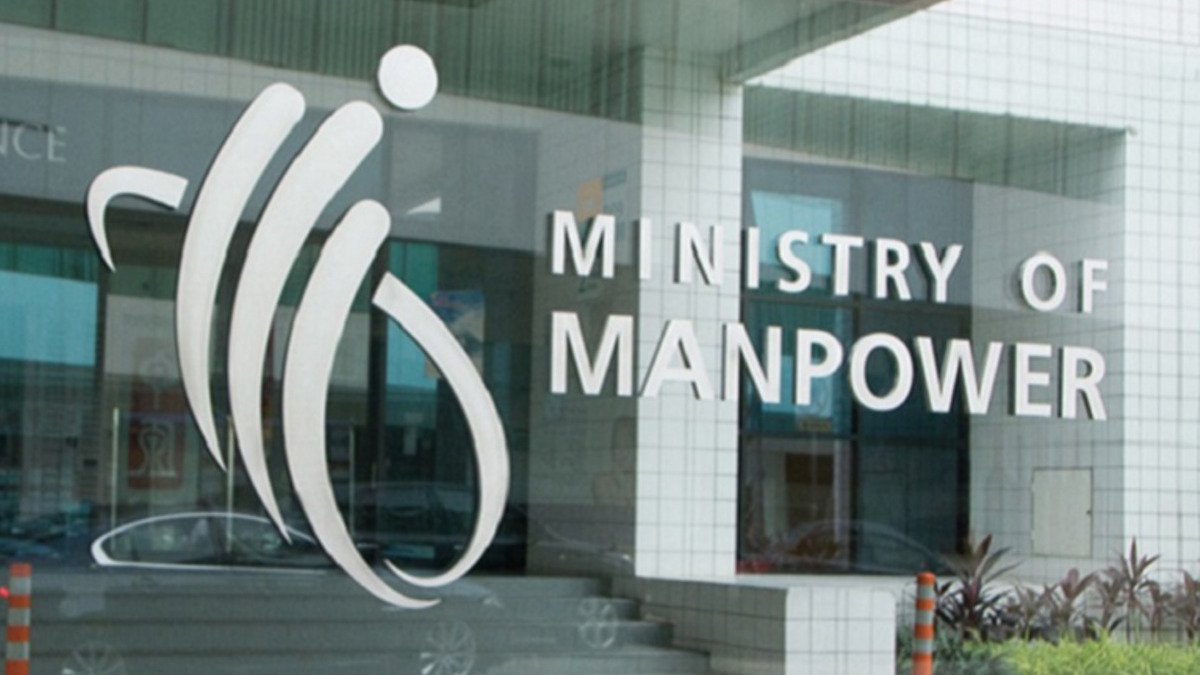
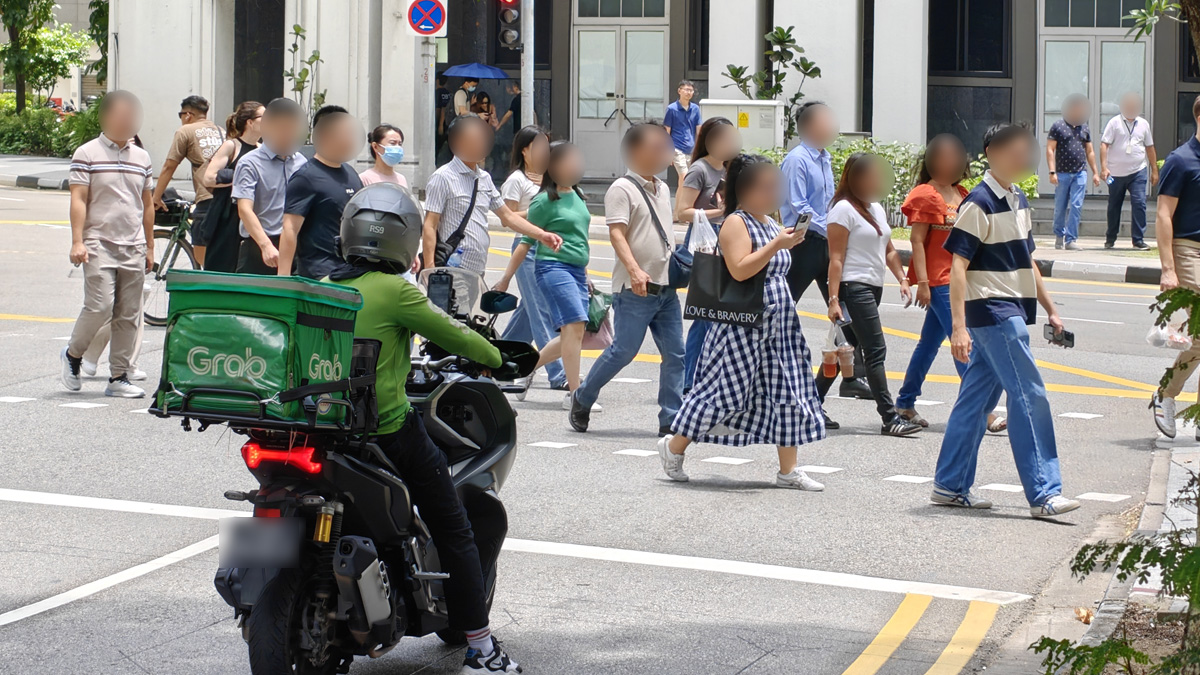
3 Comments